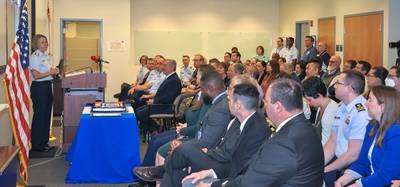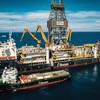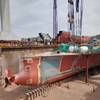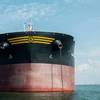USCG Research and Development Center Turns 50
The U.S. Coast Guard Research and Development Center (RDC) on Monday celebrated its 50th anniversary during an open house event at the center’s campus next to Fort Trumbull in New London, Conn.
The event, designed to showcase RDC history and ongoing work, and provide an opportunity to speak with its researchers, focused on several key themes, such as the impact past and current researchers have had on the service as well as appreciation for Southeastern Connecticut, including the City of New London, for its support to the Coast Guard and its resident RDC.
On Sept. 1, 1972, the Coast Guard Commandant established the RDC as an interim facility at the University of Connecticut’s Avery Point campus in Groton pending construction of a permanent facility. In 2009, the RDC moved to the “Coast Guard City” of New London.
For 50 years, the RDC has developed technology and knowledge products that have significantly enhanced the service’s ability to execute its 11 statutory missions. Many of today’s Coast Guard capabilities had their start as RDC research projects.
During the past 50 years, the RDC has delivered nearly 2,000 research products. Together, they chronicle the RDC’s impact, ranging from analyzing and experimenting with sensors and tactics to improve Coast Guard search and rescue; fielding biometric systems to identify drug smugglers; improving oil spill response in various challenging environments including ice and salt marshes; and deploying randomized security tactics to protect our ports.
The center has significant ongoing collaboration and partnerships with local organizations, such as the Connecticut National Guard, but also national ones including the National Security Research Enterprise and the Federal Laboratory Consortium. The staff serves as the science advisers to the Coast Guard, taking on the most difficult research issues including those challenges in response to seminal events like the Exxon Valdez spill, enhanced port security needs after the attacks of September 11, and the Deepwater Horizon spill. Today, RDC is conducting innovative work that includes autonomous surface, air and subsurface systems, along with leading experimentation to develop environmental responses to new environmental threats. The center has been at the forefront of rapid advancement in technology, embracing a culture of applied research to help the service navigate an ever-changing world.
















